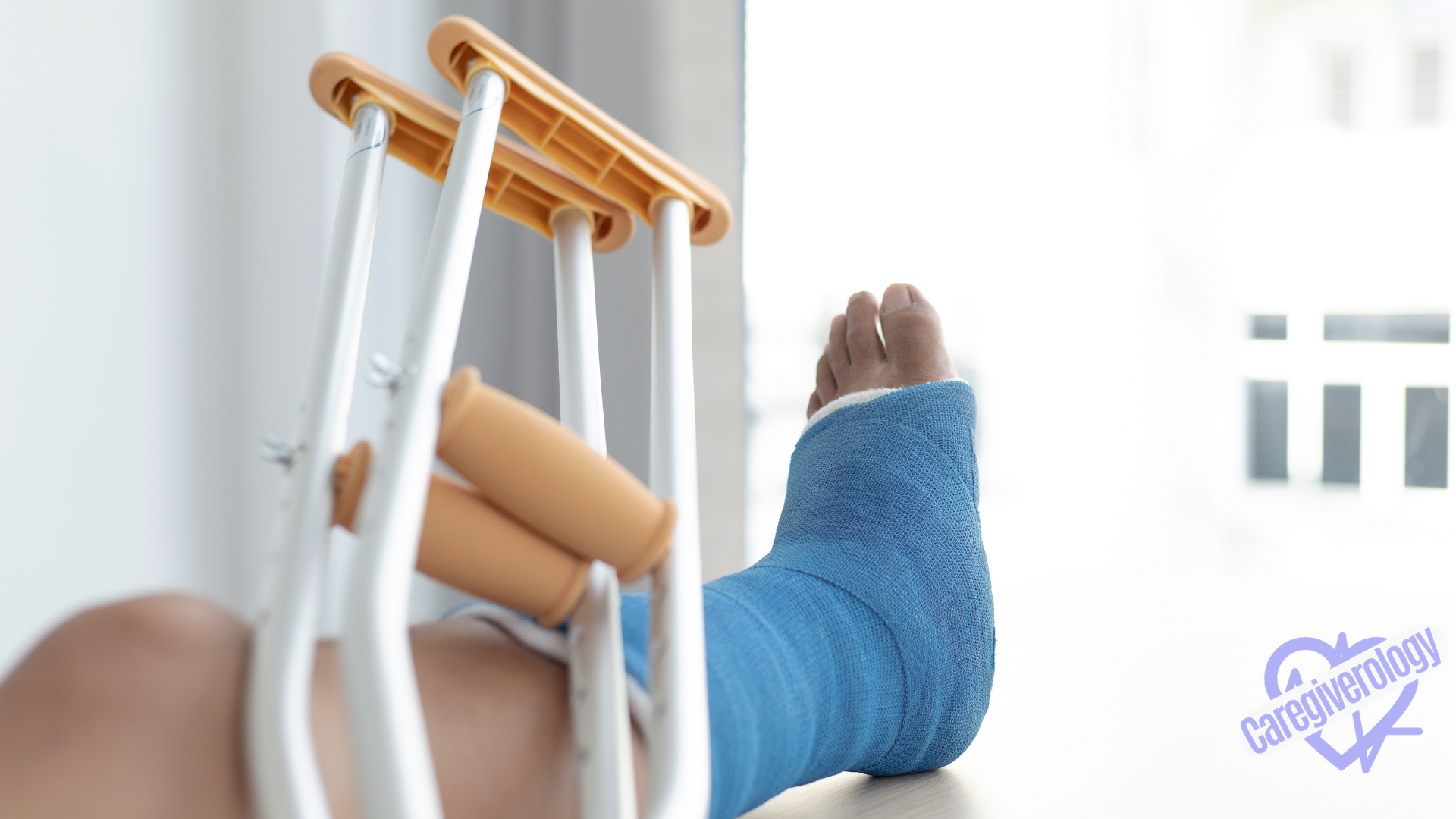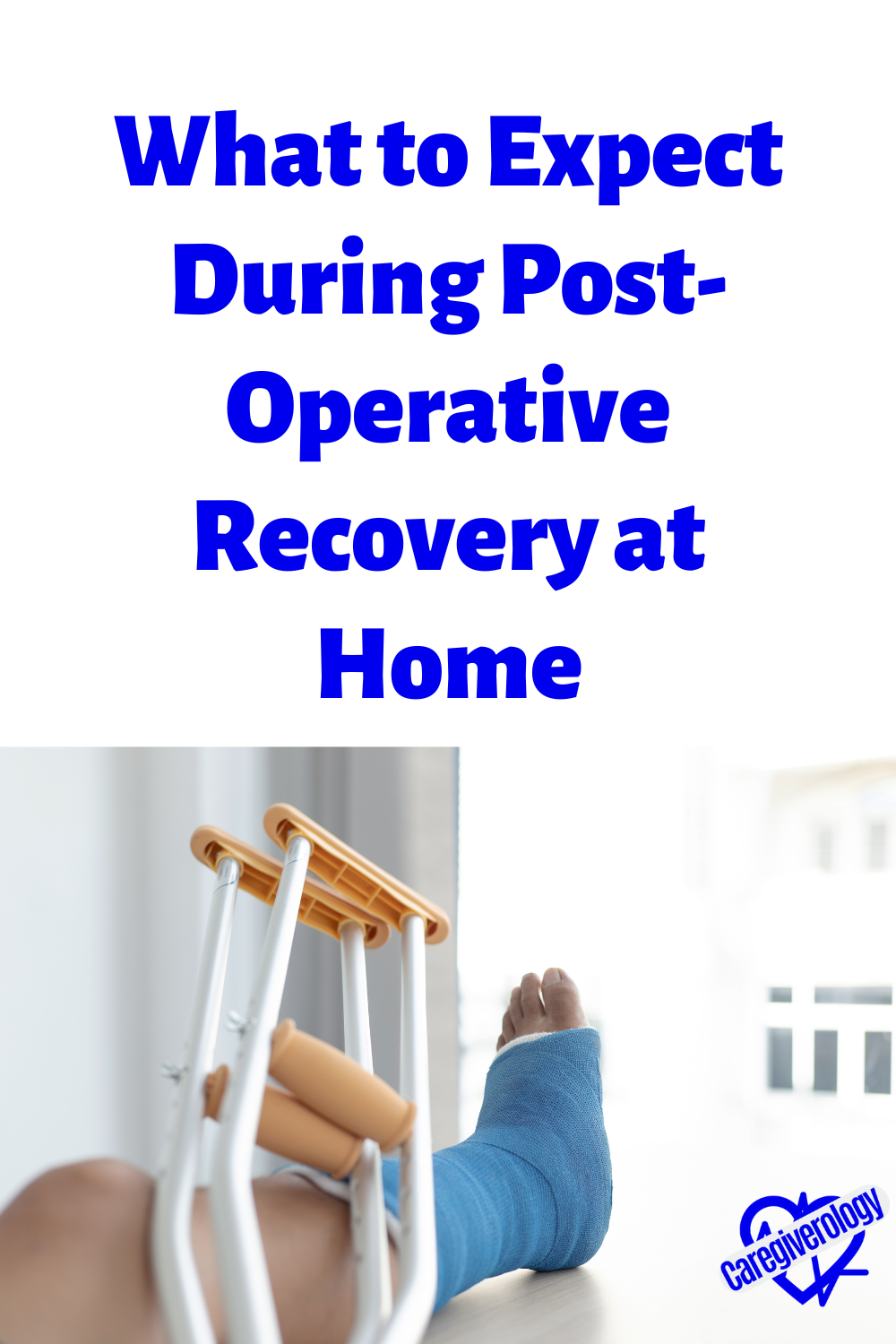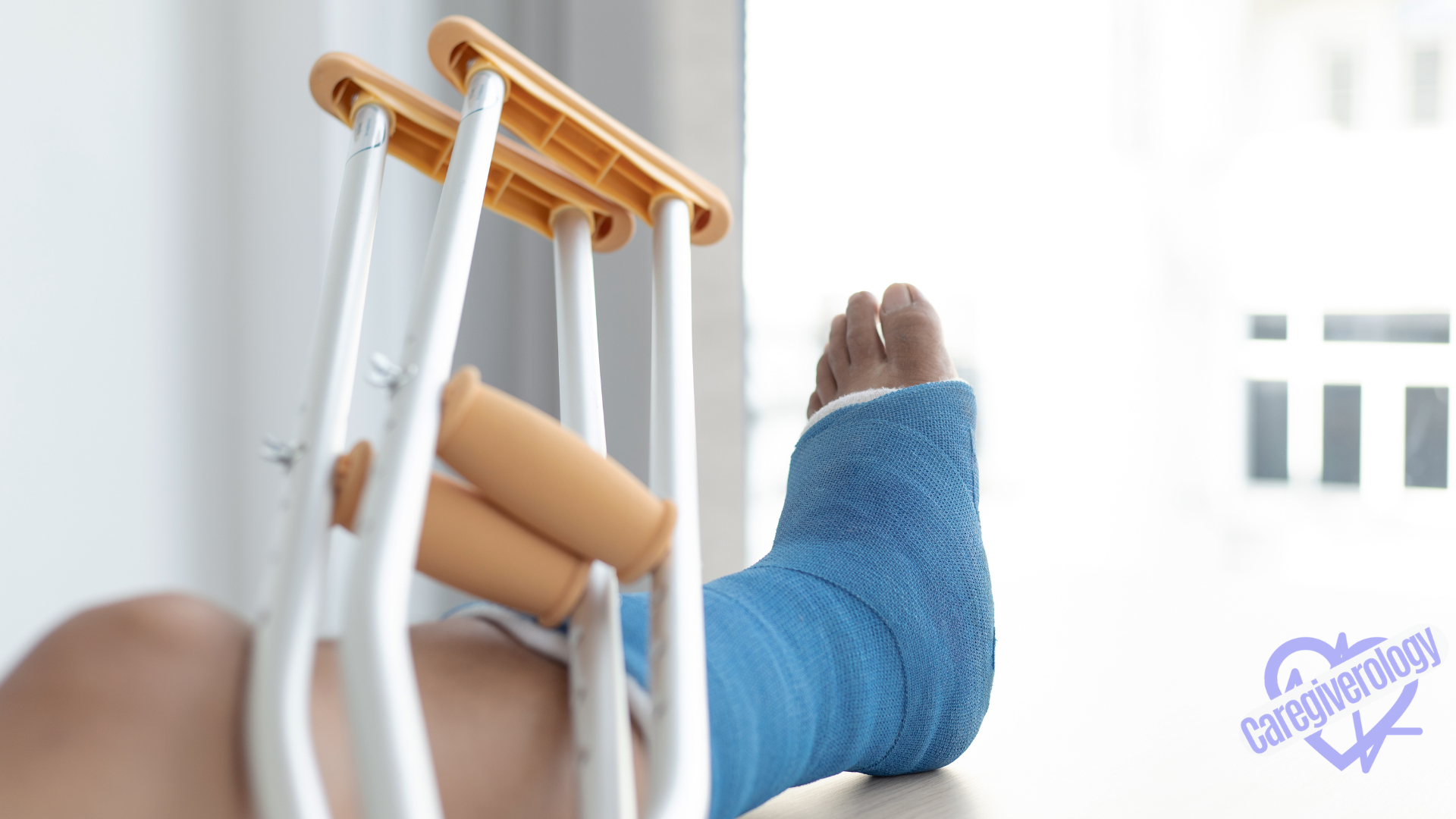What to Expect During Post-Operative Recovery at Home

Surgery may be over, but the journey to full recovery is just beginning, and for many people, the hardest part happens after they leave the hospital. Post-operative recovery at home can feel overwhelming, especially when dealing with pain, mobility challenges, and new routines. Whether it’s a major operation or a minor procedure, the first few days and weeks after surgery are critical for healing.
Having a solid plan (and the right support) can make all the difference. In this guide, we’ll walk you through what to expect during recovery at home, from the physical changes to the emotional ups and downs, and how trustworthy post op care can help smooth the path to wellness.
1. Pain Management and Medication Schedules
Managing pain is often one of the top priorities after returning home from surgery. Most people are sent home with specific instructions on how and when to take their medications, and sticking to that schedule is essential to avoid breakthrough pain. Some prescriptions must be taken with food, while others may have side effects that need to be monitored. It can be difficult to stay on top of these details, especially when you're already feeling weak or drowsy.
Over-the-counter pain relief might also be recommended in addition to prescription medications, which adds another layer of coordination. Forgetting a dose or accidentally doubling up can lead to complications or setbacks. Having a consistent routine and someone to help manage it all can make this part of recovery much smoother.
2. Limited Mobility and Daily Tasks
After surgery, even the most basic movements can feel challenging or even dangerous. Tasks like standing up, using the restroom, or climbing stairs require more energy and balance than usual. Post-op instructions often prohibit bending, lifting, or driving for days or weeks, depending on the procedure. That means tasks like grocery shopping, cooking, or even fetching a glass of water can be surprisingly difficult. Many homes aren't set up for limited mobility, and small hazards like loose rugs or steps can quickly become fall risks. You may also need help using assistive devices like walkers or crutches until you regain strength and confidence.
3. Signs of Complications to Watch For
Even with the best care, there’s always a risk of complications after surgery, especially in the first few weeks. It's important to monitor for signs like fever, unusual swelling, increased redness, or drainage around the incision site. These could indicate infection, blood clots, or other serious concerns that need immediate attention.
However, many symptoms can be subtle at first and easy to overlook when you're focused on just getting through the day. Pain that gets worse instead of better, shortness of breath, or feeling unusually tired should never be ignored. Keeping track of changes in your body, especially when it comes to vital signs, sleep patterns, or appetite, can help catch issues early.
4. Emotional and Mental Fatigue
Surgery takes a toll not only on the body but also on the mind. It’s common to feel anxious, restless, or even down during recovery, especially if progress is slower than expected. Being confined to the house, missing work, or relying on others for help can affect your sense of independence. You might feel isolated, bored, or frustrated—especially if you’re someone who’s usually active. These emotional dips can impact motivation, sleep, and even appetite, which are all important for healing. Having a sense of routine, interaction with others, and moments of positivity throughout the day helps combat this kind of mental fatigue. Just knowing that someone is nearby and engaged can bring a sense of calm and stability.
5. Nutrition and Hydration Support
Eating well and staying hydrated are crucial during the healing process, but they’re often overlooked when energy is low. After surgery, your body requires extra nutrients, like protein, vitamins, and fluids, to rebuild tissue and fight off infection. That said, appetite is often reduced, and preparing balanced meals can feel like too much effort. You may also have dietary restrictions, such as avoiding salt, sugar, or caffeine depending on the procedure or medications. Dehydration is another common issue that can affect healing, energy levels, and even medication effectiveness. Skipping meals or relying on quick, processed foods can slow down recovery without you even realizing it.
Guest Articles Written for Caregiverology
From What to Expect During Post-Operative Recovery at Home to Home
Recent Articles
-
What to Expect During Post-Operative Recovery at Home - Caregiverology
Apr 08, 25 08:21 PM
Surgery may be over, but the journey to full recovery is just beginning, and for many people, the hardest part happens after they leave the hospital. -
How to Plan for Aging: Financial, Health, and Lifestyle Considerations
Mar 29, 25 12:40 PM
Did you know that 70% of people over 65 will need some form of long-term care? Yet, many delay planning until it’s too late. Aging is inevitable, but how we experience it depends on preparation. -
Speech Disorders: How to Know When It's Time to See a Professional
Mar 27, 25 07:05 AM
When it comes to human interaction, we need to be able to communicate effectively.





New! Comments
Have something to say about what you just read? Leave a comment in the box below.